
// by Melody Taylor
Of the $4 billion Jacksonville attracts in visitor spending each year, overnight lodging accounts for more than $400 million, according to a 2016 Tourism Economics report.
Some residents are cashing in on a piece of Northeast Florida’s tourism pie by renting out rooms in their personal homes, often through room-sharing services like Airbnb. Jacksonville has more than 600 whole-house and single-room listings on Airbnb’s site, and that doesn’t include popular surrounding areas like the Beaches, Ponte Vedra or St. Augustine.
For one local homeowner, we’ll call her Samantha*, room-sharing has been a way to bring in extra cash while she’s in between full-time work. Samantha listed her downstairs spare bedroom on the site in early January, and says it’s only been vacant for seven days since.
“I figured I had the spare room to put the extra bed in for family or friends, so that if they’re over late, they can stay,” she says. “I thought, you know, why would I have it sitting empty when I could have it making some money for me?”
So far, Samantha says her neighbors have been fine with her frequent overnight guests. “I had one guest who was here to audition for the symphony, and he wanted to know if he could practice his trombone in the house,” she says. “I checked with my neighbors, and they were actually excited to hear him practice!”
But not everyone is in favor of room-sharing within residential neighborhoods.
A representative from the City of Jacksonville’s Current Planning Division says that Jacksonville prohibits Airbnb rentals except in designated historic overlays, including Springfield and Avondale—although no official ordinance has been defined or ratified in the city’s zoning codes to-date. This unwritten policy puts Jacksonville in the company of only a handful of cities throughout the country that have decided not to allow room-sharing, but so far hasn’t deterred homeowners from listing their houses or spare rooms.
In 2011, statewide legislation banned local cities from regulating vacation rentals, but cities that had existing regulations on the books were allowed to continue under a grandfather clause. Legislation introduced by then-Sen. John Thrasher and then-Rep. Travis Hutson in 2014 reinstituted local oversight to some extent, but did not allow local cities to determine where vacation rentals can be located.
The lack of full local oversight is a real a problem, says Casey Cook, executive director of Florida League of Cities, a lobbyist group that advocates on behalf of Florida’s 412 city governments.
“You don’t want a 7-Eleven or a paint and body shop in the middle of a single family residential neighborhood, and some would argue that a vacation rental is for commercial use and does not belong in a residential neighborhood,” he says.
The Florida Legislature considered three bills in the last few years that would have changed local and state regulations governing vacation rentals. Complementary bills in the House and Senate sought to preempt local governments from regulating vacation rentals by requiring cities to treat all residential properties the same, whether they are single family homes or full-time vacation rentals. Meanwhile, Sen. David Simmons presented legislation that sought to increase State oversight of vacation rentals while allowing local governments to go beyond the State’s threshold to further address the issue on the local level.
Although each of these bills died at the committee level, Cook says the issue of vacation rental oversight for Florida cities is far from over. He hopes the conversation in the next legislative session will focus on developing more comprehensive statewide regulations, while allowing local governments to respond to local demands.
“The idea of a one-size-fits-all solution does not work in a state like Florida,” he says. “You need to allow local governments to solve these problems when the statewide floor does not solve it. When you remove their ability to problem-solve, the problem just gets bigger.”
Cook says that while many Florida cities support greater local oversight of vacation rentals, some cities—Orlando, for example—have no issue with home sharing or hosted stays.
So far, Jacksonville has not taken Orlando’s stance on hosted stays. Whether an official ordinance will be added to the books remains to be seen.
* The homeowner’s name has been changed to protect her privacy.























































































 4.5
4.5 




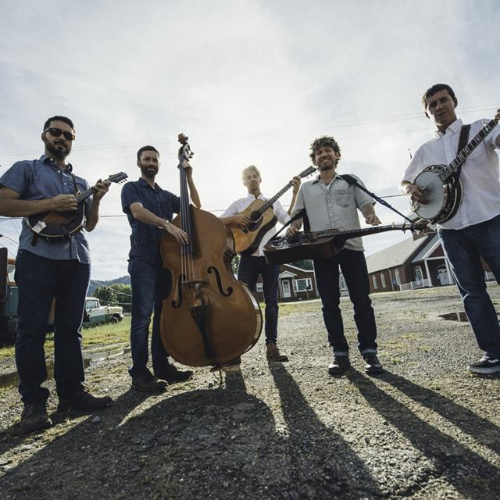


 The stately Colonial Revival style house at 3105 St. Johns Ave. was built in 1910 for Frank Dearing, the grandson of Jacksonville founder Isaiah D. Hart. At the time, according to Jacksonville’s Architectural Heritage, St. Johns Avenue was a white shell road and, as Dearing’s daughter Christine recalled, “bands of gypsies” would tether their horses and camp behind the house in what was then a field (and is now the area between Riverside Avenue and Park Street).
The stately Colonial Revival style house at 3105 St. Johns Ave. was built in 1910 for Frank Dearing, the grandson of Jacksonville founder Isaiah D. Hart. At the time, according to Jacksonville’s Architectural Heritage, St. Johns Avenue was a white shell road and, as Dearing’s daughter Christine recalled, “bands of gypsies” would tether their horses and camp behind the house in what was then a field (and is now the area between Riverside Avenue and Park Street).

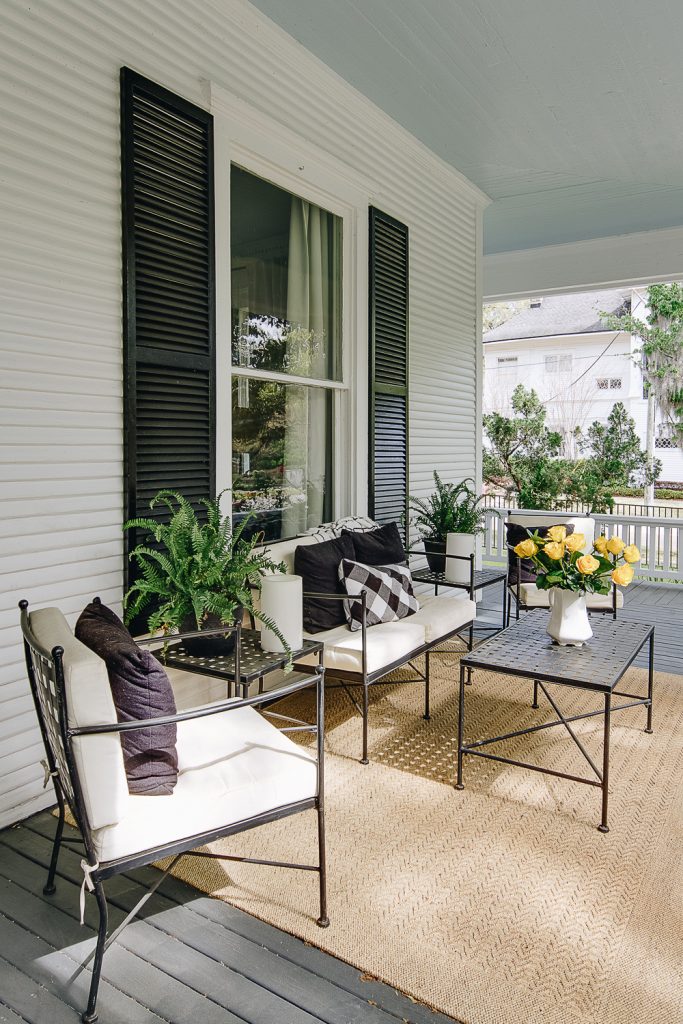


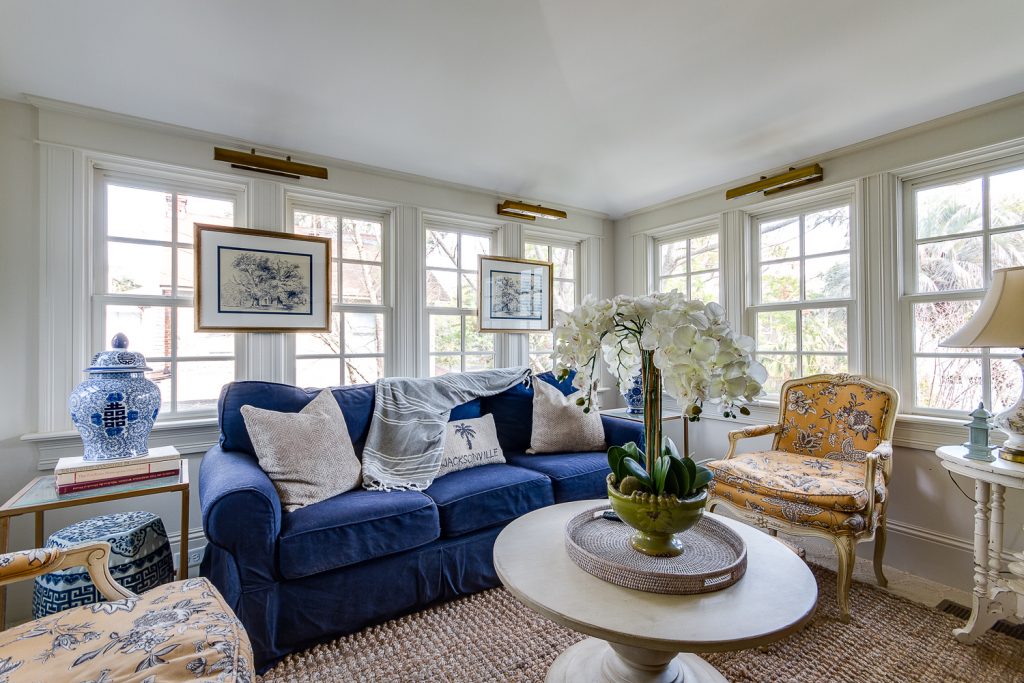



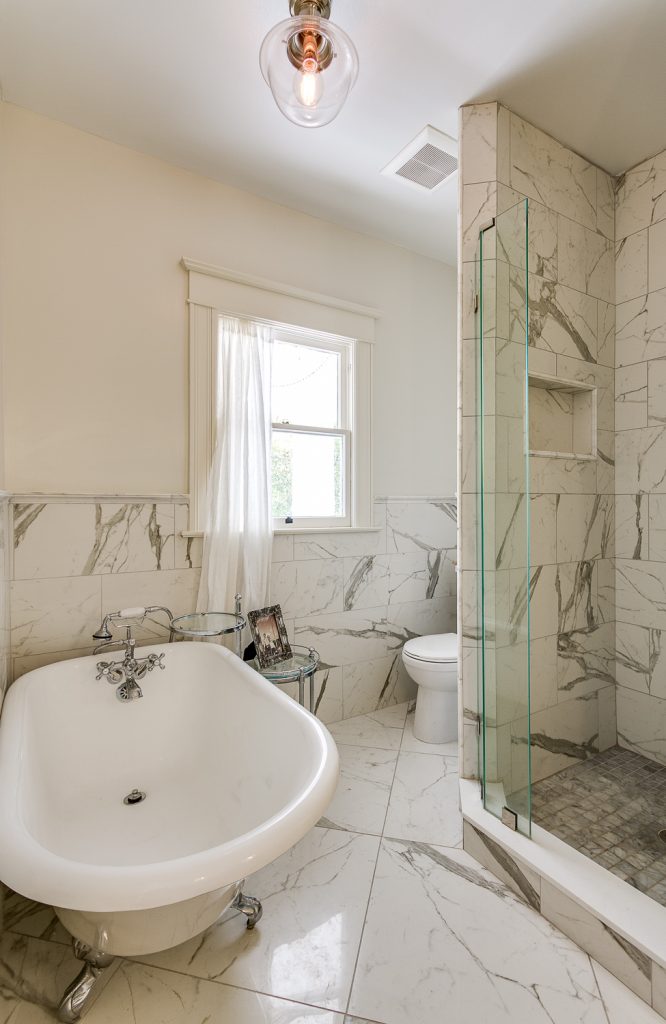




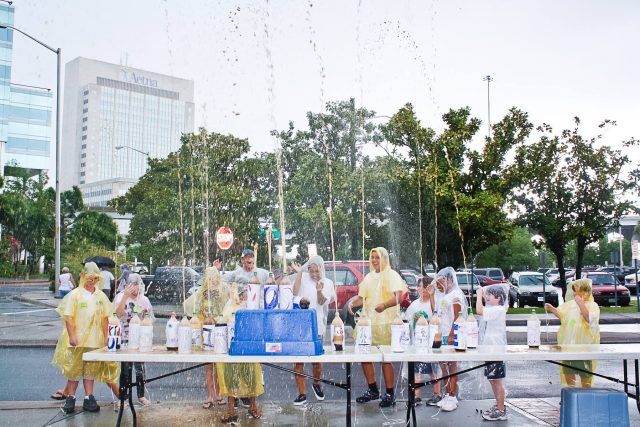









 Despite a recent transition in the kitchen (the restaurant is currently revamping its menu and kitchen staff), selections remain focused on standard surf and turf fare. The Florida lobster Louie salad—a go-to lunch option—features egg, asparagus, smoked paprika dressing and large chunks of lobster meat. Most of the other appetizer dishes lean to the surf side—think raw shellfish platters, blue crab beignets and St. Germain-steamed mussels— though there are cola-braised pork belly sliders for those not in the mood for seafood.
Despite a recent transition in the kitchen (the restaurant is currently revamping its menu and kitchen staff), selections remain focused on standard surf and turf fare. The Florida lobster Louie salad—a go-to lunch option—features egg, asparagus, smoked paprika dressing and large chunks of lobster meat. Most of the other appetizer dishes lean to the surf side—think raw shellfish platters, blue crab beignets and St. Germain-steamed mussels— though there are cola-braised pork belly sliders for those not in the mood for seafood.
















